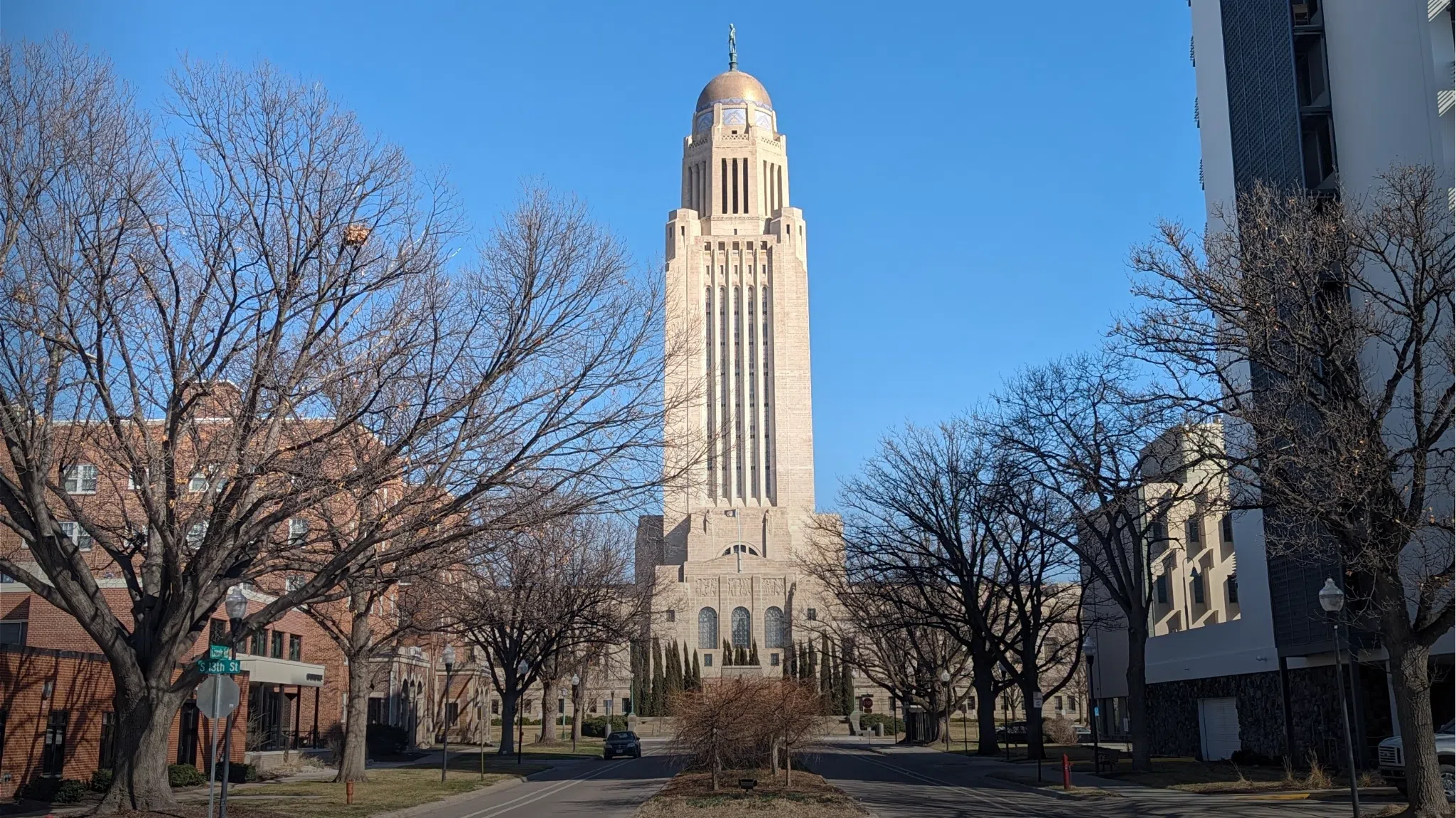On the final legislative day of 2024 in the Nebraska Unicameral, lawmakers finalized a bill removing the mandatory two-year waiting period for Nebraskans who have completed a felony sentence to vote.
The bill, LB20, will become law without a signature from the governor. This is permitted by the Nebraska Constitution five-days after a bill is passed, as long as lawmakers are still in session.
Governor Jim Pillen declined to sign the bill, citing potential constitutional issues pointed out by Attorney General Mike Hilgers and Secretary of State Bob Evnen.
Nebraska is the only state that applied an “arbitrary” waiting period before voting rights are restored after a person’s sentence is complete, said Omaha Senator Justin Wayne, who has introduced this bill several times in his 8-years in the legislature.
In 2022, an estimated 4.6 million Americans were barred from voting due to a felony conviction — according to The Sentencing Project, a non-partisan research and advocacy center working for de-carceration in the United States.
Jasmine Harris, the Director of Public Policy and Advocacy for RISE — a nonprofit Nebraska reentry program — said many individuals in their program are in the process of getting their lives on track and wanting to be civically engaged.
“For those individuals who are becoming civically aware/engaged, with all the things going on in Nebraska right now, such as petition efforts, what I’m hearing from people is ‘I can’t participate. Where do I insert myself?’ So this bill is working to ensure that they feel like they belong and that they have that voice,” Harris told KLIN News.
Harris, like Sen. Wayne, is confident that LB20 will hold up to any legal scrutiny and does not violate separation of powers precedent.
“Back in 2005, the legislature passed the law to where they implemented the two year waiting period. So for it then to be suggested, ‘The legislature can’t do anything about it,’ shows that there is no unconstitutionality, because they already did something,” Harris said. “The two year waiting period is just an arbitrary number that was agreed upon back in 2005.”
“There’s no evidence around it,” she added. “Its not a magic number where someone should get their voting rights back… hanging this over individuals then continues to keep them ostracized and make them feel othered.”









